By Kevin Walsh and Chris Reimer.
Due diligence is an important step in any business acquisition. Buyers want to enter into a deal with their eyes open, and with as much information as possible.
Although due diligence often focuses on the potential risks of a business, it can also reveal how a company operates day-to-day, who its key staff members and top customers are, and other details that are crucial in a takeover.
Even when due diligence doesn’t uncover significant issues, it can still impact the fundamentals of the deal, such as valuation and price. For example, it may uncover tax exposures, financial commitments or other financial obligations that can give the buyer a chance to adjust the purchase price or obtain specific representations, warranties and other safeguards to mitigate risk. At the very least, you’ll have better information when deciding whether to proceed with the purchase or avoid a bad deal.
Walsh King has almost 40 years of experience in performing due diligence, on multi-million dollar deals up to those in the hundreds of millions of dollars. Here is some of the key expertise and guidance that we offer our clients when examining a company for sale.
Financial statement analysis
A target company’s financial statements may be incomplete or inaccurate. We analyze them for contingencies, liabilities and other items that might not be clearly shown. We also determine if financial statements meet generally accepted accounting principles (GAAP), or others required by potential lenders.
Third-party viewpoint
Buyers and sellers each have their own biases. As a third party, we review assumptions and potential synergies in an impartial way.
Risk mitigation
Walsh King looks for potential exposure such as tax compliance requirements and liabilities, legal commitments and environmental regulations, and works with our client’s lawyers to add mitigating provisions in the purchase agreement.
Accounting policy review
We consider the relevance to the deal, and the appropriateness of the significant accounting policies the seller applies when preparing its financial statements. These include revenue recognition, accounts receivable, inventory costing and judgmental reserves such as allowances for bad debts and sales returns.
Contract review
Walsh King reviews key customer, supplier and employment contracts. We look for items such as agreement expiration dates and union contracts that may be nearing an end or change-in-control provisions—whereby a transfer of stock or the sale of assets could give counterparties the right to unilaterally terminate a deal.
Tax advice
Buyers should understand the expected structure of a deal—is it a share or an asset purchase?—before starting due diligence. For example, a share purchase requires a thorough analysis because the buyer typically assumes all of the seller’s historical tax liabilities. In an asset purchase, most such liabilities remain with the seller. We can also help to model the expected after-tax cash flows from the deal.
How Walsh King can help
Thorough due diligence can help to expose and reduce some of the potential threats and risks to a successful business purchase. It can also lead to better-informed pricing, valuation and potential adjustments.
If you’re planning to buy a business and have questions about the due diligence process, contact Walsh King today.
Posted in Strategic Insights


